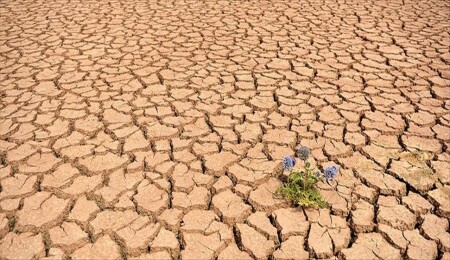Global Warming a Security Threat, Armies Must Adapt: Experts

From responding to weather disasters to rising competition in the fast-warming Arctic, militaries are exposed to climate change and cannot let it become a strategic "blind spot," security experts say.

Concerns have grown recently that climate action is being sidelined as Europe beefs up defense and the U.S. retreats from allies and its green commitments.
But defense departments have already underscored that a warming planet poses major national security challenges and militaries need to adapt to respond to these evolving threats.
"You can't escape this. Climate doesn't care who's president or what your political goals are at the moment," said Erin Sikorsky, director of the Washington-based Center for Climate & Security.
"It is coming, and militaries need to be prepared," she said.
In the U.S., where President Donald Trump's administration has scrubbed global warming from government websites, the latest intelligence threat assessment made no mention of climate change.
Sikorsky said this leaves crucial strategic gaps, particularly when it comes to renewable energy superpower China and the race for supremacy in the Arctic, where the loss of sea ice is opening up shipping lanes and access to resources.


Comments
Attention!
Sending all kinds of financial, legal, criminal, administrative responsibility content arising from illegal, threatening, disturbing, insulting and abusive, humiliating, humiliating, vulgar, obscene, immoral, damaging personal rights or similar content. It belongs to the Member / Members.